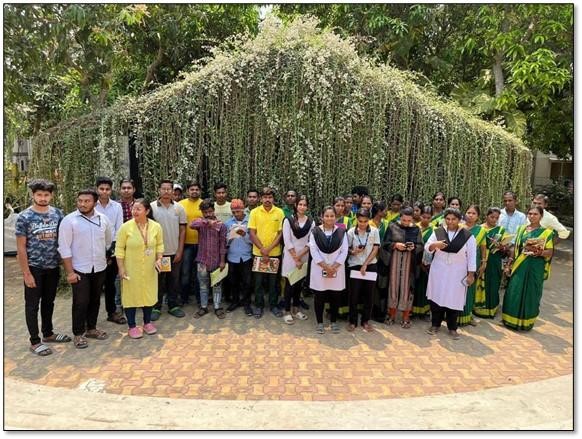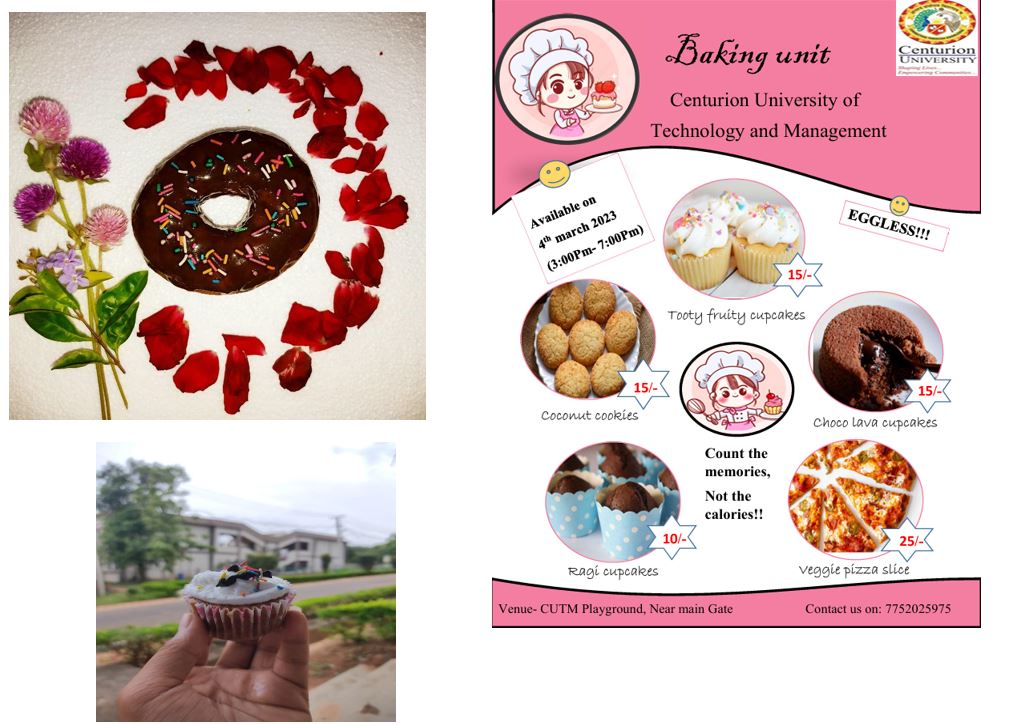SUSTAINABLE FOOD PURCHASES
Centurion University is committed to promoting sustainability and environmental responsibility through its food purchasing practices. The objective is to minimise environmental impact, support local economies, and foster ethical trade practices by prioritising local, sustainable sources.
Objectives
- Environmental Protection: Centurion University emphasises the purchase of locally sourced, organic products with minimal environmental impact, reducing transportation emissions and conserving resources.
- Social Responsibility: The University supports fair trade and ethical labour practices, ensuring that suppliers and producers receive fair wages and work in safe conditions.
- Economic Viability: Sustainable purchasing must also be cost-effective. By balancing cost with sustainability, Centurion University ensures long-term viability in its approach to food procurement.
Key Priorities
- Local Sourcing: Centurion University prioritises sourcing from local farmers and suppliers, reducing transportation-related emissions and strengthening the local economy. This practice also enhances community relationships and ensures fresh, high-quality produce.
- Organic and Eco-Friendly Products: The University opts for organic, pesticide-free, and sustainably produced food items. These include products like bio-pesticides, Jagannath Tricho Cards, bio-fertilizers, and vermicompost, which are accessible within the campus. These items are also available to the local farming community at a subsidised rate, promoting sustainable agriculture beyond the University.
- Seasonal Produce: Emphasis is placed on buying seasonal fruits and vegetables, which require less energy for production and storage, further minimising the environmental footprint of food purchases.
- Fair Trade Products: Centurion University selects fair trade-certified products where possible, supporting fair wages and equitable working conditions for global producers, aligning with its mission of social responsibility.
- Minimal Packaging: Aiming to reduce waste, the University chooses products with minimal or recyclable packaging. This aligns with its waste reduction goals and promotes an eco-friendly campus environment.
Implementation Strategies
- Supplier Engagement: The University partners with suppliers who share its commitment to sustainability, ensuring that ethical and eco-friendly practices are consistently maintained across its supply chain.
- Awareness and Training: Centurion University educates both staff and students on the importance of sustainable food choices. Through regular workshops and information sessions, the University instils a culture of responsibility in its community.
- Monitoring and Evaluation: To guarantee progress, the University regularly reviews and assesses its food purchasing practices, focusing on continuous improvement in sustainability.
By adhering to these priorities, Centurion University sets an example in sustainability, demonstrating leadership in responsible food purchasing. This commitment not only strengthens the local economy but also promotes environmental protection and social equity, making sustainability an integral part of the University’s values and practices.


